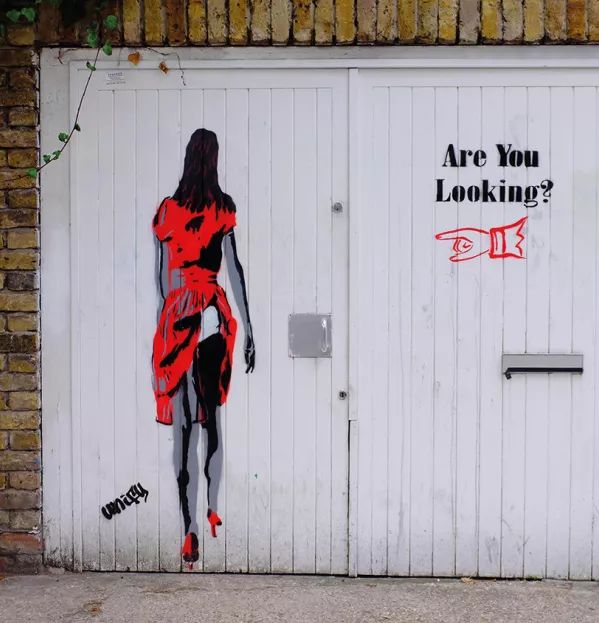I have to make a horrible admission: I don’t know much about school governance. When I was a classroom teacher, my main role seemed to be staying out of the way when the governors were about (mind you, in my role as me, I tended to find this difficult, especially if they happened to be walking past my cubby hole or wandering through my classroom, when I couldn’t resist having a friendly chat).
A friend of mine was chair of governors at a local primary school for some years and another friend’s mother used to train governors but, despite these connections, I still had only the vaguest concept of the role. As far as I could see, it involved going to a bajillion meetings and, as I can’t think of anything worse, my response was usually to glaze over and pretend to look interested when I was anything but.
Being a “critical friend” is a phrase that has stuck with me, though: having an oversight of school life (premises, finances, staffing, the curriculum, special educational needs and disability) and asking awkward and necessary questions seems, to me, to be an important role in the workings of a school.
It’s good to have the sort of friend who isn’t afraid to tell you your skirt is tucked into your knickers, or tell you that your jacket with the sparkly buttons makes you look like a child dressing up in your mum’s best outfit, no matter how embarrassed or disappointed you might feel to hear it. In the long run, such friends save us from making a fool of ourselves in public; our reputations as responsible adults remain intact.
In school, we might not need the same sort of wardrobe criticism, but we do need insightful questions, particularly when it comes to SEND.
The sort of questions the SEND governor might ask of the Sendco, include “how do you identify the SEND children?” and “how do you track the progress of your SEND students?”. Such questions hold us to account and make sure we are doing what we are supposed to be doing (as opposed to having our metaphorical skirts tucked into our metaphorical knickers).
We might not like having our actions questioned but the action of having to explain what we are doing to someone who doesn’t have the same knowledge as ourselves has the effect of making us think more carefully about our practice.
Negotiating the relationship between teacher and governor is important, that much I do know. Too close and we are in danger of simply agreeing because we like each other. Too distant or too critical and we run the risk that communication will be limited and important questions ignored.
Nancy Gedge is a consultant teacher for the Driver Youth Trust. She is also the Tes SEND specialist and author of Inclusion for Primary School Teachers. She tweets @nancygedge
